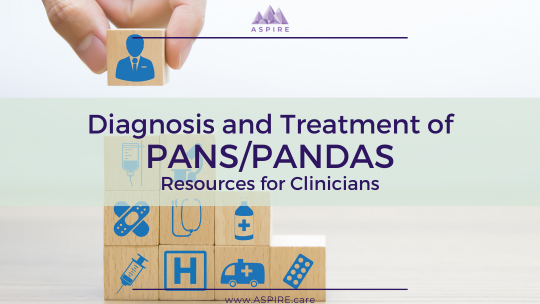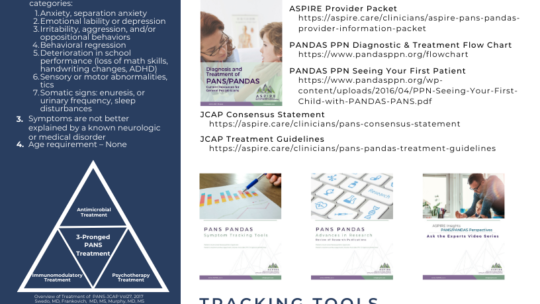
Lyme and tick-borne diseases: A primer for mental health practitioners
Trunzo, J. J., Statlender, S. M., Leventhal, J. G., Reece, L., Berenbaum, S., & Bransfield, R. (2022). Lyme and tick-borne diseases: A primer for mental health practitioners. Practice...










